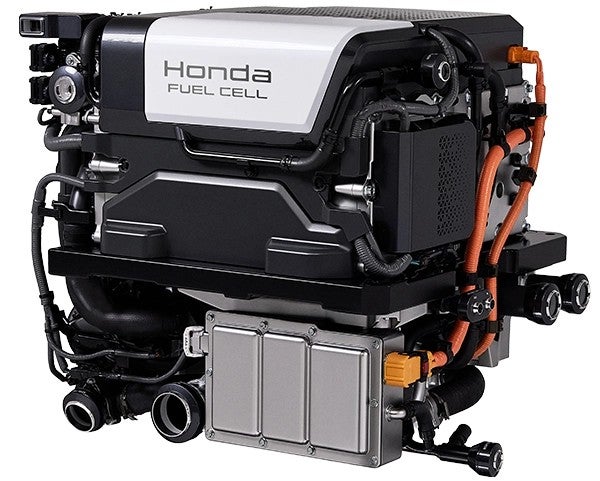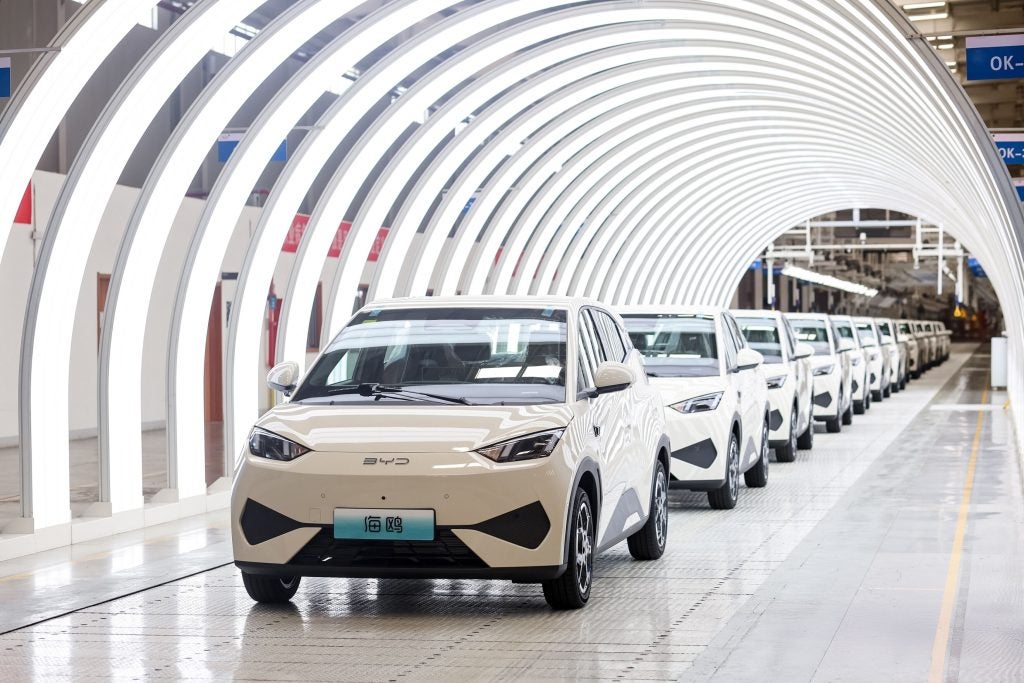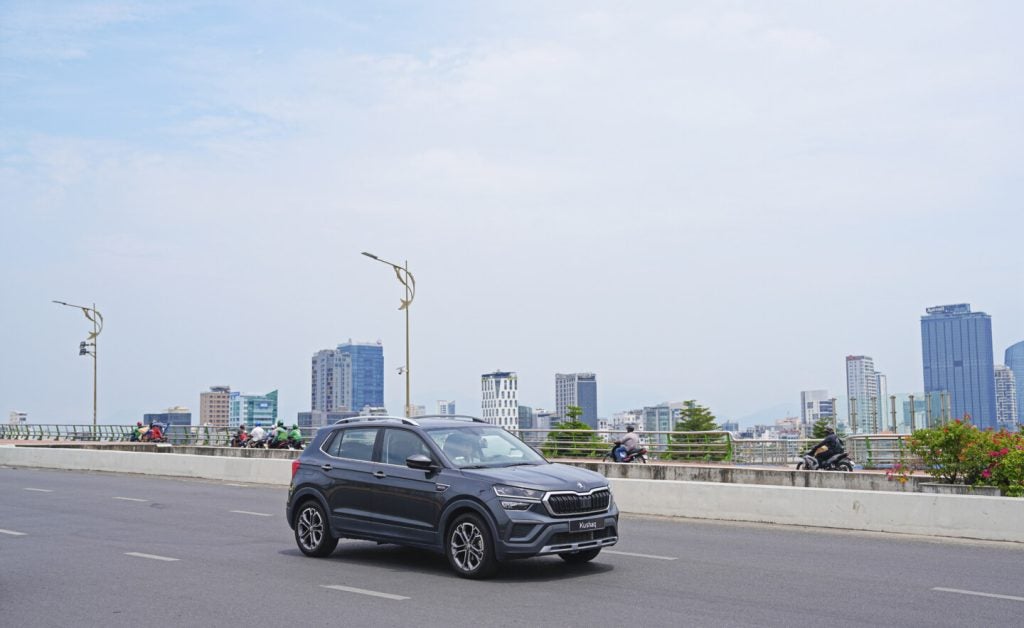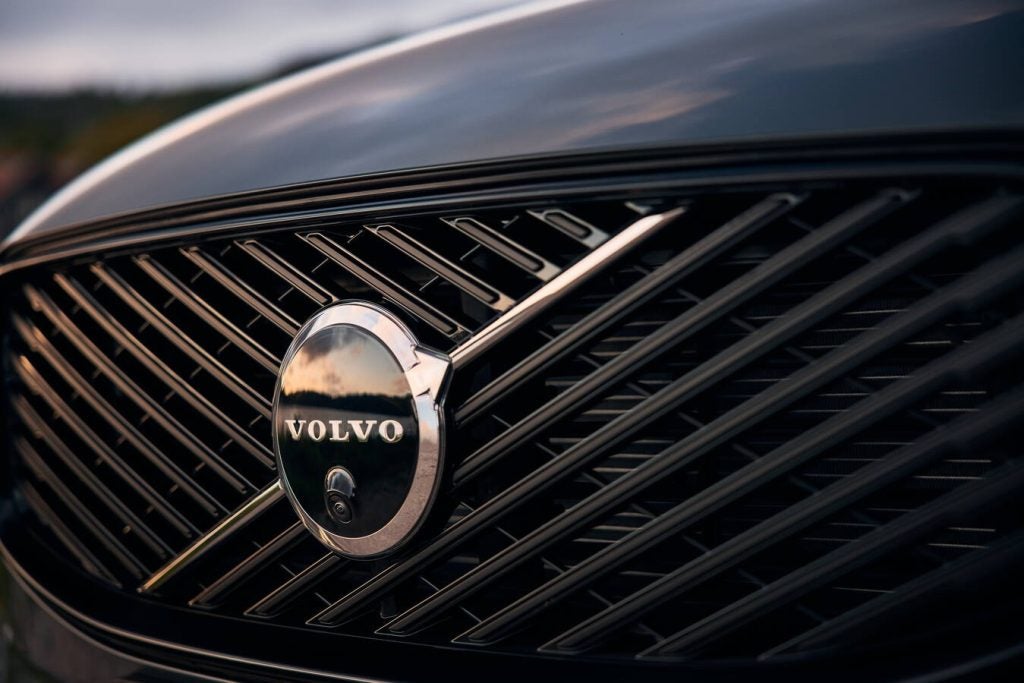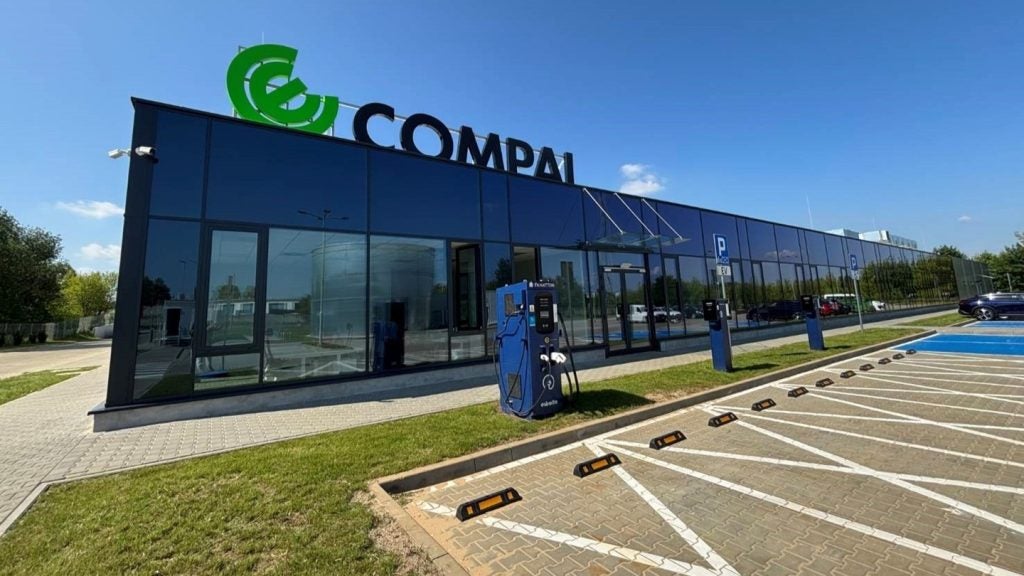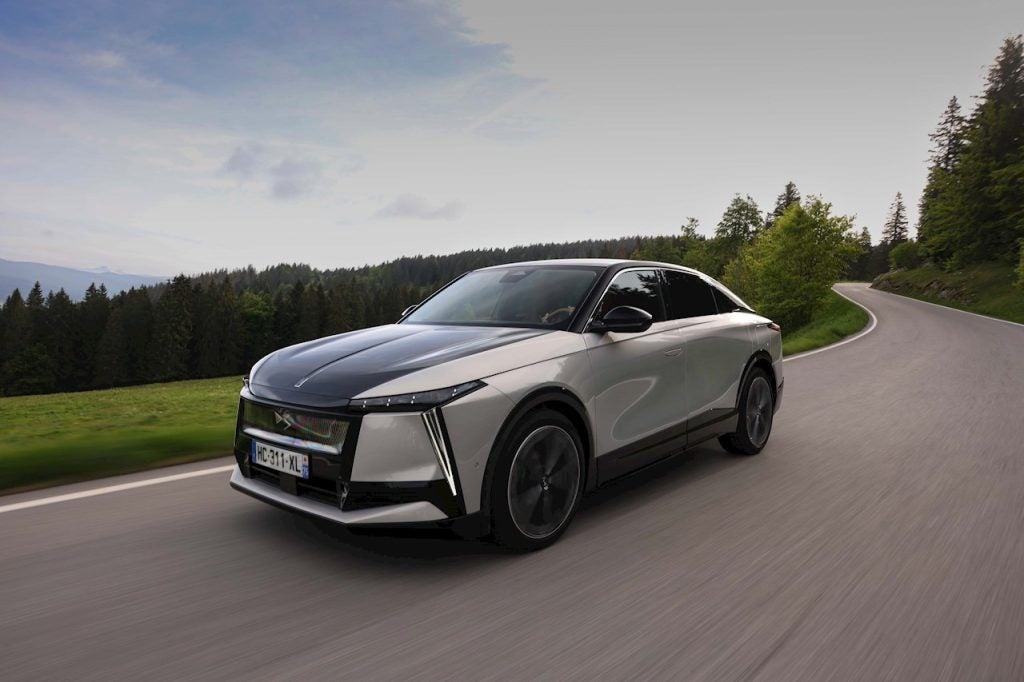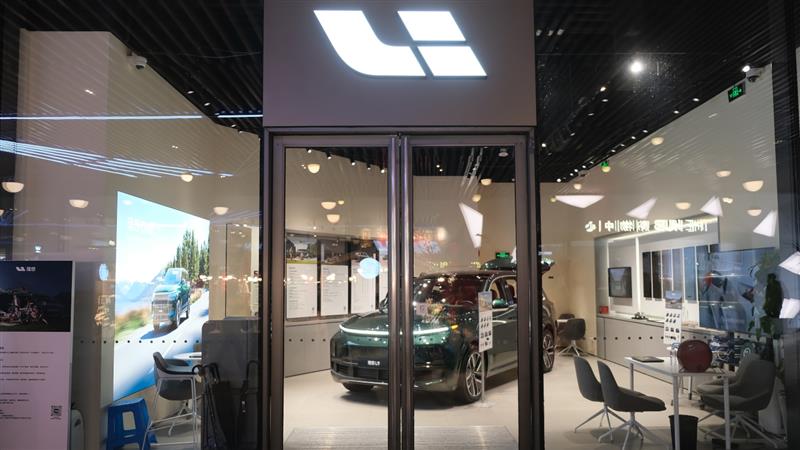Japanese automaker Honda Motor Company announced it will delay the launch of the production of next-generation fuel cell modules at its Moka City plant in Tochigi Prefecture, citing the weaker than expected global adoption of fuel cell electric vehicles (FCEVs).
Production of the fuel cell modules was originally scheduled to begin in the fiscal year ending 31 March 2028, with a facility to be built using part of its former Moka City engine production plant. Honda said it now expects production to commence at a later date, without providing a new schedule, while the facility will have an initial production capacity of 20,000 units per year of the company’s in-house developed fuel cell modules - instead of the previously announced 30,000 units.
Honda also pointed out that under the original schedule, the project had qualified for government subsidies under a programme led by the Japanese Ministry of Economy, Trade and Industry (METI) aimed at supporting the establishment of supply chains consisting of Japanese manufacturing companies in the “GX (green transformation)area.” The company said it has had to opt out of the subsidy programme due to the project’s delay and reduced production capacity.
Honda claims to be one of the first companies to focus on the potential of hydrogen in the transition towards a carbon-neutral society, pointing out that it has been developing hydrogen technologies and FCEVs for more than 30 years. The company said that it has identified four “core domains” for the utilization of its next-generation fuel cell modules, as it looks to achieve carbon neutrality for all products and corporate activities it is involved in by 2050. These include passenger vehicles, commercial vehicles, stationary power generators and construction machinery.


